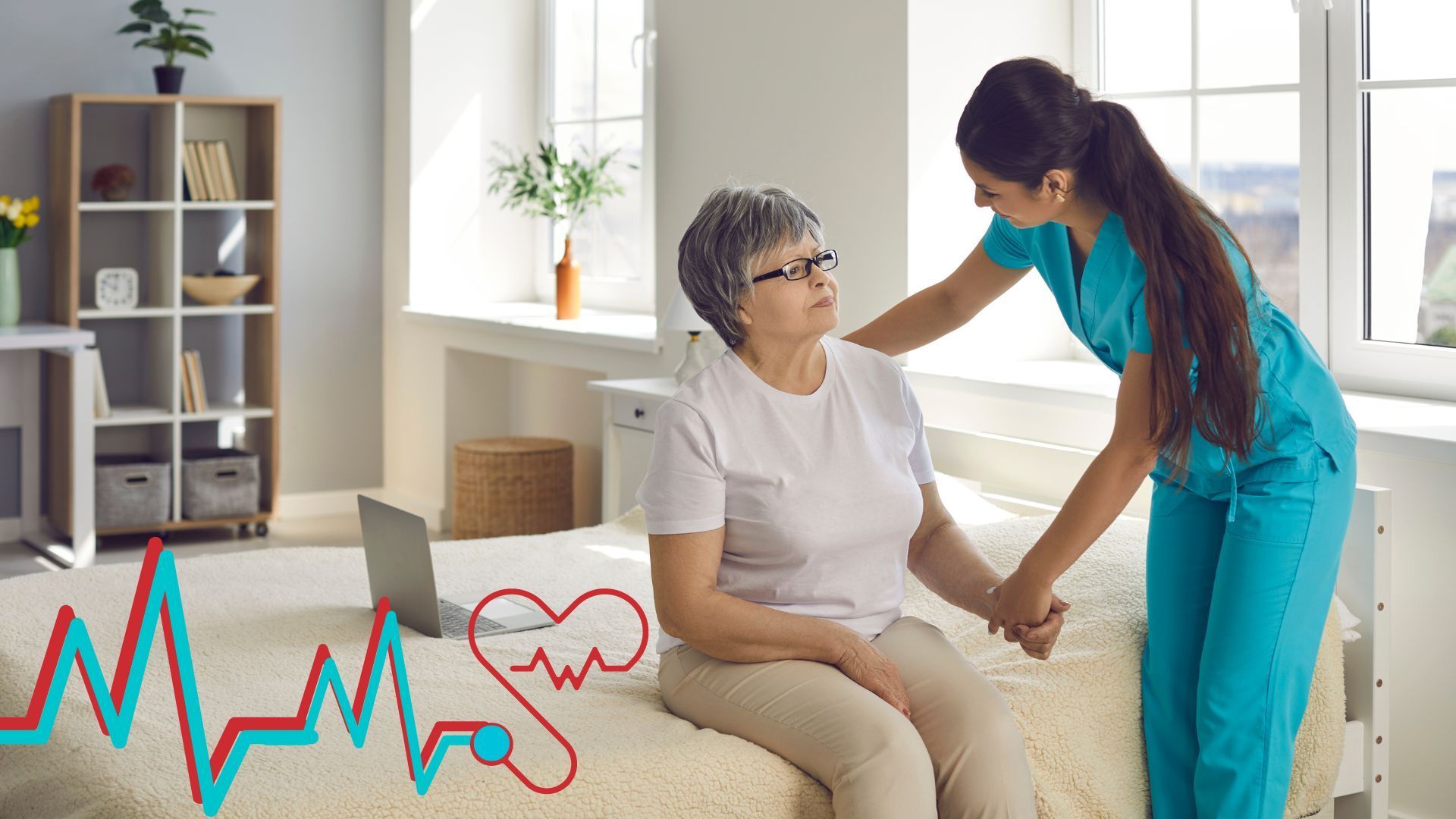The Vital Role of Home Health Aides in Modern Healthcare
In today's rapidly evolving healthcare landscape, home health aides (HHAs) play an essential and often underappreciated role in supporting the well-being of individuals who need assistance with daily activities. As healthcare increasingly shifts from hospitals and clinics to home-based care, HHAs are becoming a cornerstone of patient support, providing critical services that enhance the quality of life for those they serve.

What Do Home Health Aides Do?
Home health aides provide a wide range of services that are vital to the daily living and health maintenance of their clients. These services can include:
- Personal care: Assisting with bathing, dressing, grooming, and other personal hygiene tasks.
- Medication management: Helping clients remember to take their medications on time and as prescribed.
- Mobility assistance: Supporting clients with limited mobility to move around safely within their homes.
- Household tasks: Performing light housekeeping, laundry, and meal preparation to ensure a safe and comfortable living environment.
- Companionship: Offering emotional support and companionship, which is crucial for the mental and emotional well-being of clients, especially those who may feel isolated or lonely.
The Impact of Home Health Aides on Healthcare
The role of HHAs extends beyond just providing physical assistance. They are often the eyes and ears of the healthcare team, observing changes in a client's condition and reporting these to nurses and doctors. This close observation can lead to early detection of potential health issues, preventing complications and reducing hospital readmissions.
Moreover, HHAs are instrumental in helping clients maintain their independence and dignity. By supporting clients in their own homes, HHAs enable them to live more comfortably and autonomously, which is particularly beneficial for the elderly and those with chronic illnesses or disabilities.
The Growing Demand for Home Health Aides
As the population ages, the demand for home health aides continues to grow. According to the U.S. Bureau of Labor Statistics, employment of HHAs is projected to grow much faster than the average for all occupations over the next decade. This surge is driven by an aging baby boomer population and a growing preference for aging in place rather than in assisted living facilities or nursing homes.
Why Consider a Career as a Home Health Aide?
For those interested in a career in healthcare, becoming a home health aide offers numerous benefits:
- Personal Fulfillment: Working as a HHA provides the opportunity to make a real difference in people's lives. The personal connections formed and the gratitude received from clients can be incredibly rewarding.
- Growing Job Market: With the healthcare industry rapidly expanding, job security in this field is strong. HHAs are in high demand, and the need for compassionate and skilled aides will only continue to rise.
- Flexible Work Environment: Many HHAs appreciate the flexibility of their work schedules, which can accommodate personal commitments and provide a better work-life balance.
- Foundation for Further Education: A career as a HHA can be a stepping stone to other healthcare roles, such as nursing or specialized caregiving, offering valuable experience and insights into the healthcare field.
The role of home health aides is more important than ever in today’s healthcare environment. They provide essential care that supports not only the physical but also the emotional and social well-being of their clients. For those looking to make a meaningful impact in the healthcare field, a career as a home health aide is both a noble and fulfilling choice.
If you are considering a career in healthcare, becoming a home health aide is an excellent way to start making a difference in your community. Enroll in our home health aide class today and embark on a rewarding journey in the health field!





